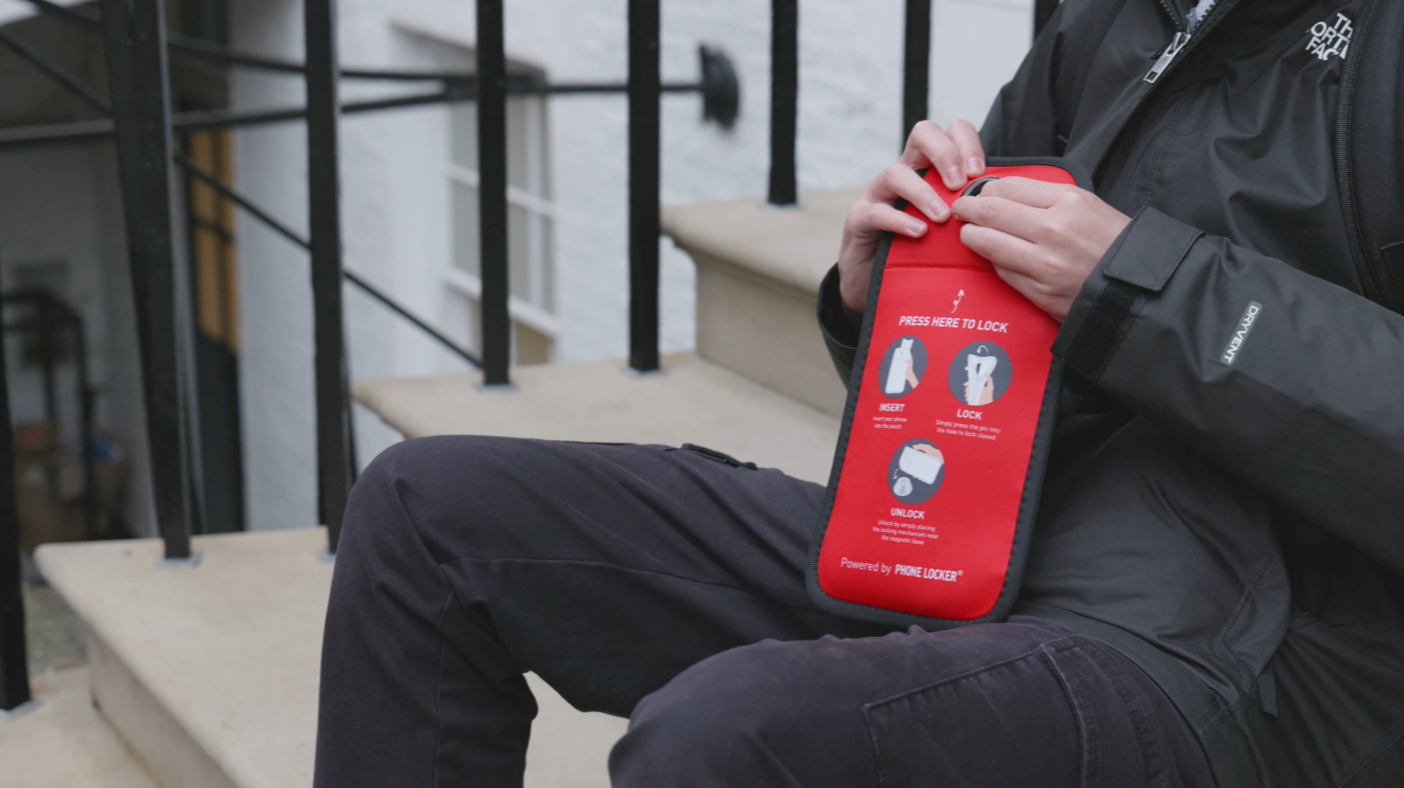Phones banned in German-speaking Belgium schools
Following a ban in French-speaking schools in Germany, from the start of the 2025 school year, the use of smartphones, smart watches and other connected devices will be banned in all primary and secondary schools in Belgium’s German-speaking community too.
We recently covered the news that Belgium were implementing a complete ban on mobile phones in French-speaking schools, which started in the previous school year. Affecting 373 schools and over 130,000 students, the primary reason for the ban was down to a concern over the rising incidents of bullying linked to smartphone use in Belgian schools.
Now, with the German-speaking areas of Belgium following suit, the country has fallen in line with nations across Europe, following the same path to help boost concentration and mental well-being.
To help students learn better, the German-speaking Education Minister, Jérôme Franssen, announced that using mobile phones will not be allowed in schools. This includes during classes and breaks.
The goal is to reduce distractions and create a better learning environment while encouraging students to interact with each other in a positive way.
Each school will decide how to put this rule in place, what the exceptions are, and how to handle any issues that may arise. They have plenty of time to get ready, until late August or early September 2025.
How can Belgian schools implement phone bans?
Depending on where the school is in Belgium, and whether it is primary or secondary school may affect your approach to introducing a ban.
Asking students to hand in phones at the start of the school day can feel like a punishment. There is also the issue of potential damage to phones, or general anxiety caused from taking away a possession.
As a result, many schools have been successfully implementing the Phone Locker® lockable magnetic smartphone pouch or the alternative pouch by Yondr. By placing their smartphone into the pouch, it can only be used once a teacher allows access.
This is a great option for schools who also integrate smartphones into learning, giving greater flexibility and control to teachers.










